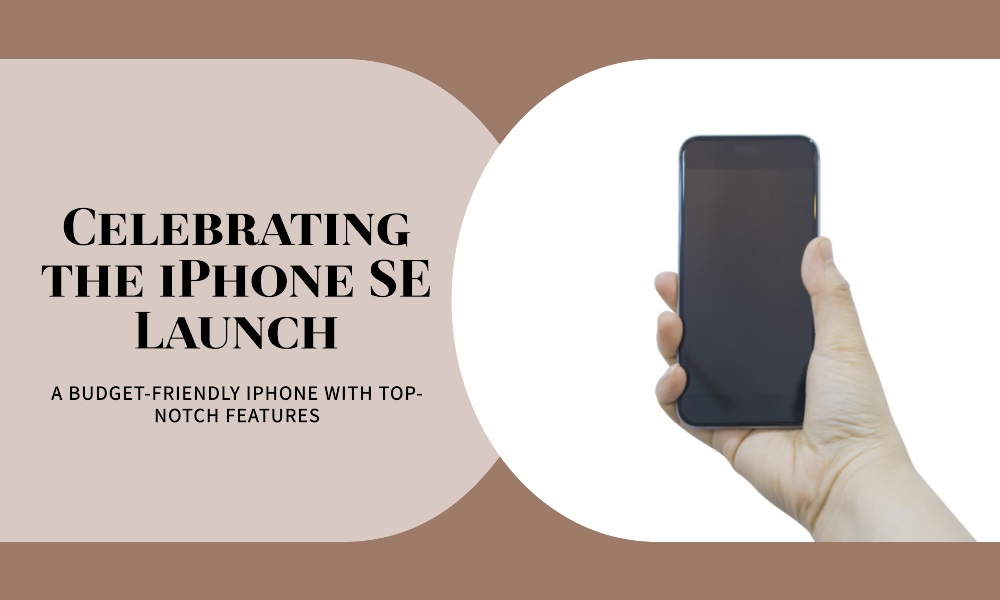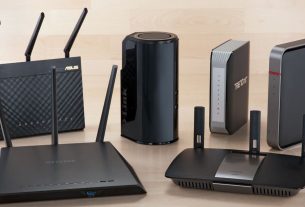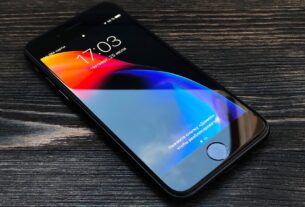The iPhone SE has carved out a unique space in the smartphone market as Apple’s budget-friendly alternative to its flagship models. Offering a blend of essential features from higher-end iPhones but at a significantly lower price point, the SE series has become a go-to option for many consumers. This article delves into the history, iterations, and impact of the iPhone SE, aiming to answer the often-asked question: When did the iPhone SE come out?
The Birth of iPhone SE: 2016
What it Represented
On March 31, 2016, Apple released the first iteration of the iPhone SE. It represented a departure from the trend of increasingly larger smartphones. The original iPhone SE sported a 4-inch screen, harking back to the size of the iPhone 5s, but packed with the internal capabilities of the iPhone 6s.
Features and Reception
The 2016 iPhone SE featured a 12-megapixel rear camera, an A9 chip, and started at a retail price of $399. Its smaller form factor and lower price tag quickly made it a favorite among those who longed for simpler, more compact phones without sacrificing performance.
The Second Coming: 2020 iPhone SE
Significance
Four years after the release of the original model, Apple launched the second-generation iPhone SE on April 15, 2020. This was a highly anticipated release, as the smartphone market had seen rising prices, with even the budget models touching the $700 mark.
Features and Reception
This updated version of the iPhone SE featured a 4.7-inch display and the same A13 Bionic chip found in the iPhone 11 series. With a starting price of $399, the 2020 iPhone SE was an instant hit, giving people access to modern features without breaking the bank.
The Ongoing Impact
The iPhone SE series has not just offered a budget-friendly Apple device; it has also changed the landscape of the smartphone market. With high-end internals in a cost-effective package, it sets a benchmark for what consumers should expect from budget smartphones.
FAQs
Q: Will there be another iPhone SE model?
A: While Apple has not confirmed any future iPhone SE models, the success of the series suggests that it’s a possibility.
Q: Is the iPhone SE still worth buying?
A: Depending on your needs, the iPhone SE models offer excellent value, especially if you are looking for an iOS device without the premium price tag.
Q: How does the iPhone SE compare to flagship models?
A: While it lacks some of the advanced features like Face ID and triple-camera setups, the iPhone SE provides robust performance, making it a worthy alternative.
Q: What are the main differences between the 2016 and 2020 iPhone SE models?
A: The primary differences lie in the screen size and internal components. The 2020 model has a more modern chip, a slightly larger display, and improved camera capabilities.
Conclusion
The iPhone SE has seen two significant releases so far: one in 2016 and another in 2020. Both have served as pivotal moments in the smartphone industry, offering high-end internals in a compact and affordable package. By doing so, the iPhone SE series has effectively bridged the gap between premium and budget smartphones, providing a viable alternative for those who desire the Apple ecosystem without the steep cost.




